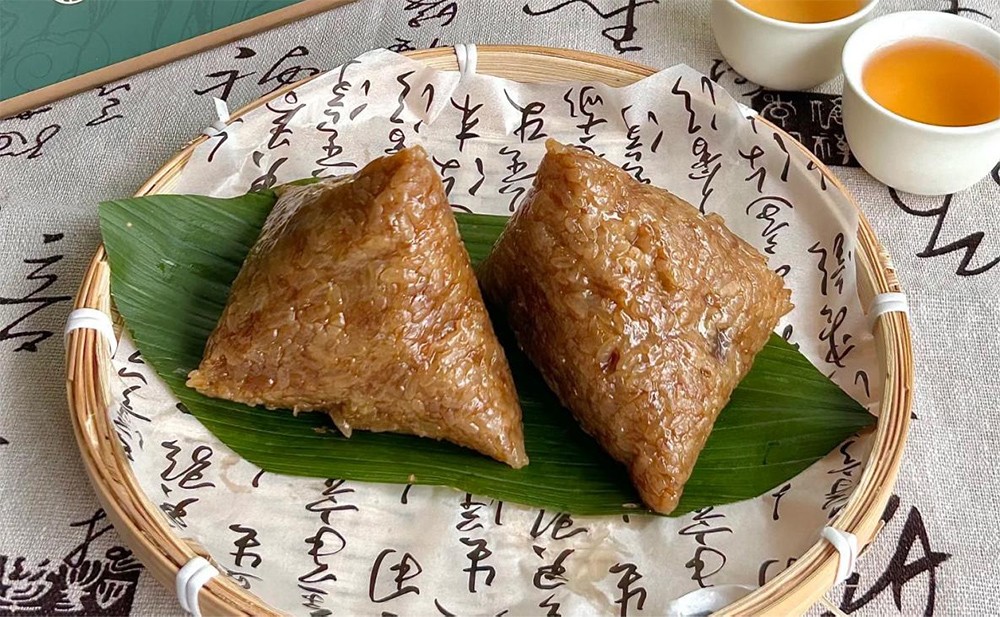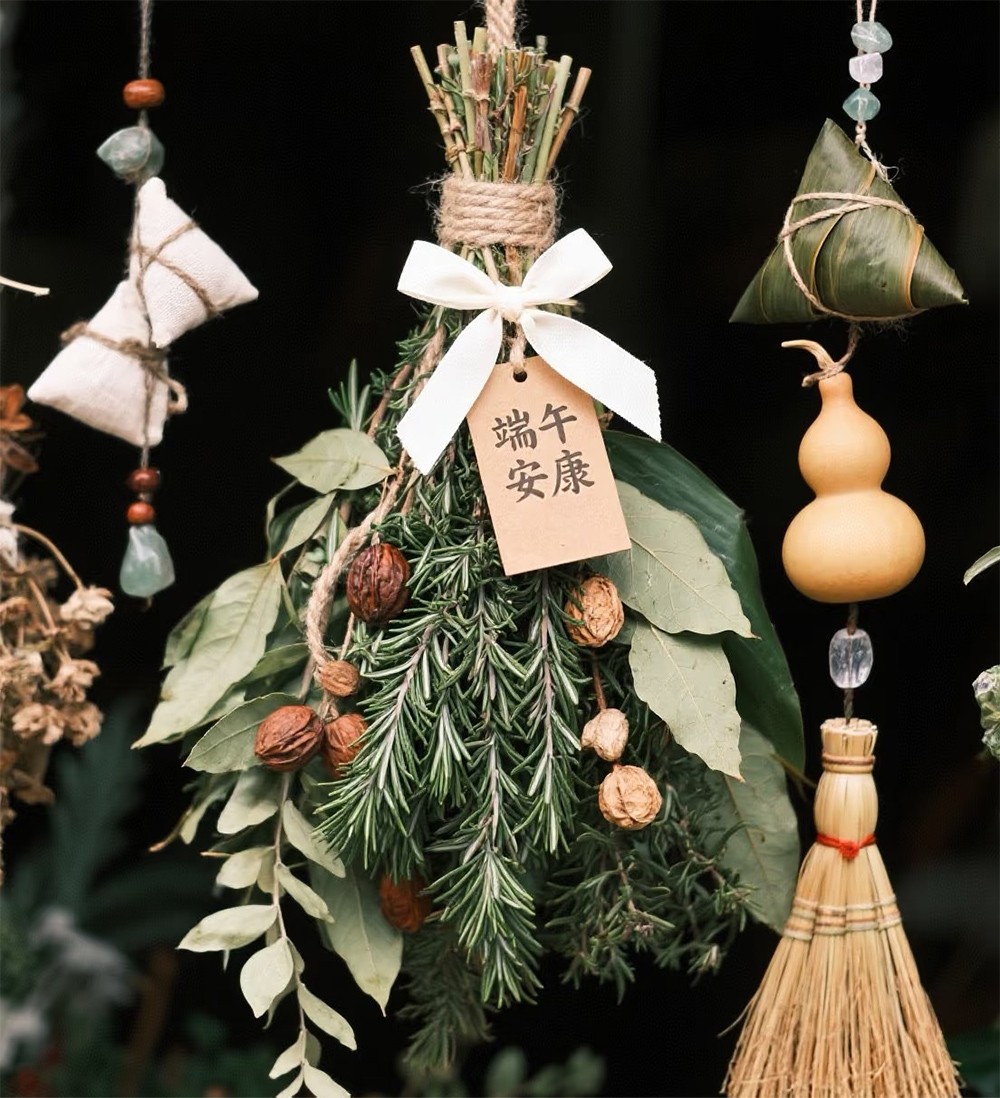Products
Products
solution and support
solution and support
contact
Contact
Dragon Boat Festival: A Millennial Legacy of Culture, Kaihua Mold: Forging the Spirit of Craftsmanship
TIME : 2025/5/29 14:04:52
In the long history of Chinese culture, the Dragon Boat Festival shines brightly as a profound embodiment of cultural heritage and national sentiment. Also known as the Duan Yang Festival or Double Fifth Festival, it is celebrated on the fifth day of the fifth lunar month. With a history spanning over 2,500 years, the festival evolved through various dynasties—taking shape during the pre-Qin and Han periods, becoming firmly established in the Northern and Southern Dynasties, flourishing in the Sui and Tang eras, and gaining widespread popularity in the Ming and Qing dynasties. In 2009, it was inscribed on UNESCO's Intangible Cultural Heritage list, recognized as a shared cultural treasure of humanity.
The origins of the Dragon Boat Festival are rooted in various legends. Some trace it back to ancient dragon worship, when the seven stars of the Blue Dragon constellation ascended to the southern sky at midsummer—an auspicious celestial event. Other tales commemorate historical figures like Qu Yuan drowning himself in grief, Wu Zixu’s tragic fate, or Cao E’s sacrifice to save her father. Among these, the story of Qu Yuan remains the most widely known. His unwavering patriotism and noble character inspired generations to honor his memory during the festival through rituals and traditions.

The Dragon Boat Festival is celebrated with a rich variety of customs, each brimming with unique charm. The most iconic tradition is eating zongzi—whose fillings and shapes vary widely across regions. Northern China favors the Beijing-style jujube zongzi, while the south boasts diverse fillings like red bean paste, fresh pork, ham, and salted egg yolk, with Jiaxing zongzi from Zhejiang Province being particularly renowned. Another highlight is the thrilling dragon boat races, said to originate from ancient Chu people rowing to rescue Qu Yuan after his drowning. This tradition flourished in the Wu, Yue, and Chu regions. People also hang mugwort and calamus leaves, following the folk saying, "Willow branches for Qingming, mugwort for Dragon Boat Festival," believing these plants ward off disease and invite blessings. Other customs include drinking realgar wine, wearing scented sachets, and playing "grass competitions," all adding to the festival’s vibrant atmosphere.

In the culturally rich land of Zhejiang Kaihua Moulds Co., Ltd. stands out with its distinctive appeal. Since its founding in 2000, the company has consistently adhered to a customer-centric philosophy. Through its commitment to "high quality, high efficiency, fast delivery", Kaihua Mold has earned the trust and recognition of clients worldwide, emerging as an outstanding representative of premium "Made in China" manufacturing excellence.

Kaihua Mold specializes in the design and manufacturing of medium-to-large plastic molds and plastic products, with applications spanning multiple industries including automotive, household and home appliances, logistics, and medical sectors. The company pursues excellence not only in product manufacturing but also in corporate culture development. Its mission to "Building a Better World" reflects the company's sense of responsibility, while its core values - "Honesty Integrity, Trust Respect, Continuous Innovation, Pursuit of Excellence, Attitude & Detail Oriented", provide powerful spiritual driving force for corporate growth.
Much like the cultural spirit embodied in the Dragon Boat Festival, Kaihua Mold continues to contribute to industry advancement through both heritage and innovation, steadily progressing toward its goal of becoming a global benchmark enterprise in the mold manufacturing sector.





